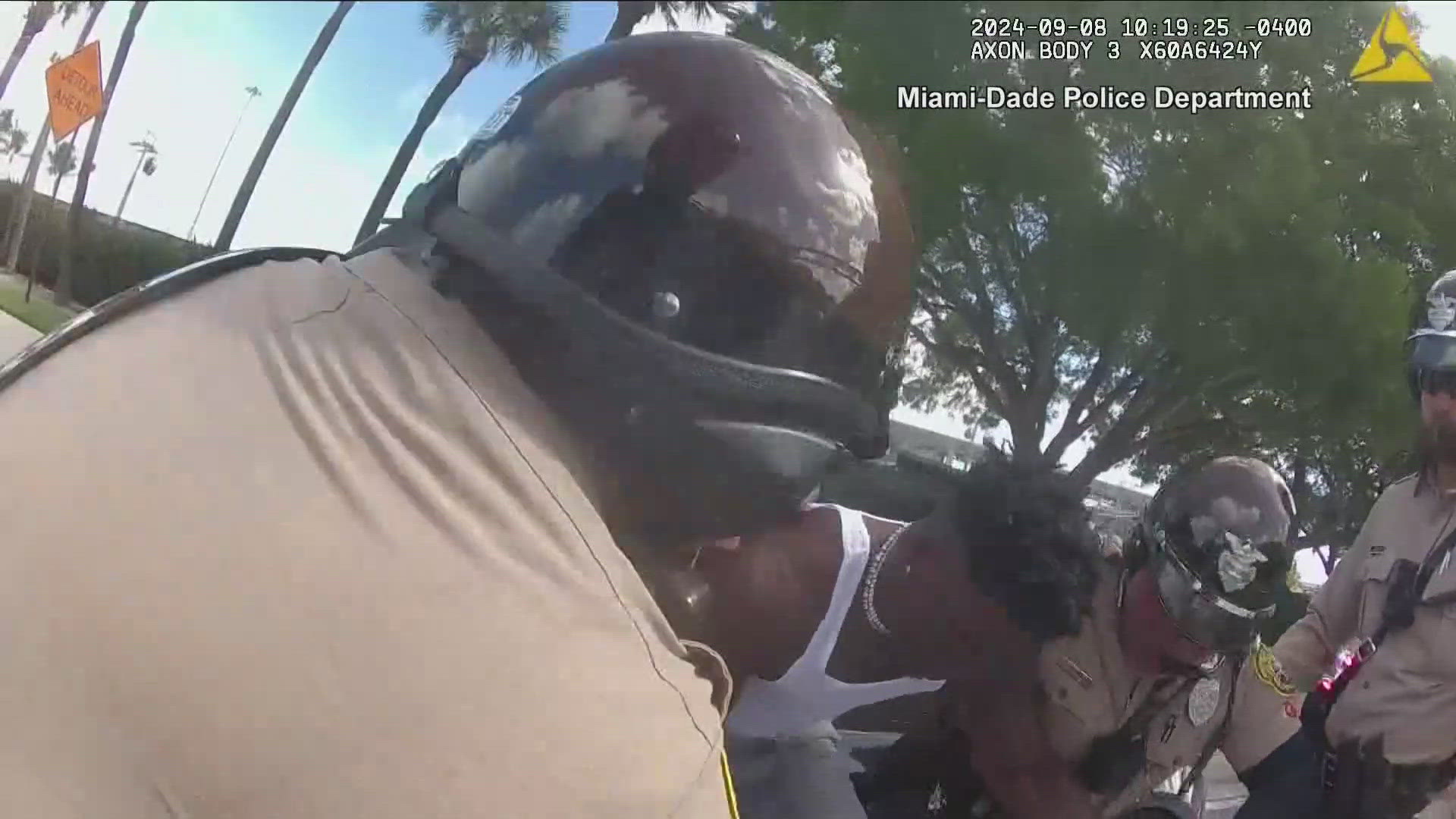BUFFALO, N.Y. — New York State Senator Patrick Gallivan unveiled a new pamphlet that simplifies what you should do when stopped by police while driving.
It is a part of a larger bill he co-sponsored that would require traffic stops be taught in all drivers education courses, pre-licensing courses, and could require a traffic stop question on the learners permit test.
Gallivan gave the the recent traffic stop involving Miami Dolphins wide receiver Tyreek Hill as an example, explaining how quickly traffic stops can go wrong without proper education.
"You'll see in the video there was a level of cooperation by the driver initially, then he didn't cooperate, and it escalated from there, and we then saw ultimately at least one police officer overreact," Gallivan said.
Erie County Police Lieutenant Jeremy Lehning said that a traffic stop should be a civil interaction and an educational experience for everyone. He said with this education, every driver — no matter their race or background — is getting the exact same education.
"It's going to implement education regarding the traffic stop from the very get go," Lehning said.
He also added that they train their officers to remain calm and are reminding drivers that knowing what to do will keep them from panicking.
"Listen to what the officer had to say, and we are going to allow you to ask questions, we are going to educate you in every way possible," Lehning said. "Most of the time you don't even get a ticket, you are just told, 'Hey, here's what's wrong with your vehicle, you need to get it fixed, make sure you get it taken care of."
Evan Doerr graduated from Orchard Park High School last year and was inspired to help put together the pamphlet when he heard his friends talking in the lunch room about traffic stops. He never wanted to not know what to do if he was pulled over.
"That thought never has to cross my mind," Doerr said. "I don't have to flounder and not know what to do. I'm worried, do I call my parents, do I immediately go grab my wallet, do I take my documents out? The problem with that is when people get frantic is when uncomfortably and uncertainty build, and that is where you get those terrible outcomes that you see on TV and the news."

